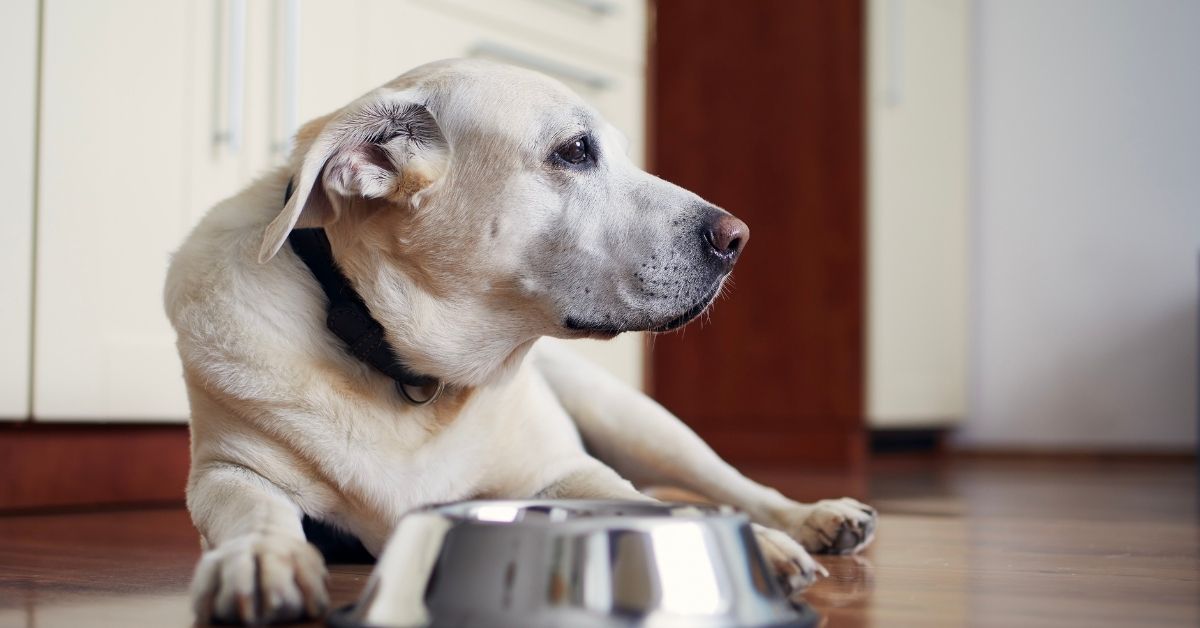
Why Senior Labrador Retrievers Should Avoid Dairy Products
Understanding Lactose Intolerance in Senior Labrador Retrievers
As our beloved Labrador Retrievers enter their golden years, their nutritional needs change significantly. One of the most important dietary considerations for senior Labs is avoiding dairy products. While that piece of cheese might seem like a harmless treat, the American Kennel Club warns that most adult dogs are lactose intolerant, and this condition often becomes more pronounced with age.
Senior Labradors, like most mature dogs, lose the ability to produce sufficient lactase—the enzyme needed to digest lactose found in milk and dairy products. This natural process typically occurs after weaning, leaving our aging companions unable to properly break down dairy sugars.
Health Risks Specific to Senior Labrador Retrievers
Digestive Complications
When senior Labs consume dairy products, the undigested lactose travels to the colon where it ferments, causing uncomfortable symptoms including:
- Diarrhea and loose stools
- Excessive gas and bloating
- Vomiting and nausea
- Abdominal pain and discomfort
- Dehydration from fluid loss
Pancreatitis Risk
Perhaps most concerning for senior Labradors is the increased risk of pancreatitis. Dairy products are high in fat content, which can trigger this serious inflammatory condition. Pancreatitis is particularly dangerous for older dogs as their organs are less resilient and recovery times are longer.
Weight Management Challenges
Senior Labradors are already prone to weight gain due to decreased activity levels and slower metabolism. The high calorie and fat content in dairy products can exacerbate obesity, leading to additional health problems including arthritis, heart disease, and diabetes.
Why Senior Labrador Retrievers Are More Vulnerable
As dogs age, their digestive systems become less efficient and more sensitive. Veterinary experts note that senior dogs require carefully managed nutrition to support their changing bodies. Their immune systems also weaken with age, making them more susceptible to food-related illness and slower to recover from digestive upset.
Additionally, many senior Labradors develop underlying health conditions such as kidney disease or heart problems. The high sodium content in many dairy products can worsen these conditions, making dairy avoidance even more critical.
Safe Alternatives for Senior Labrador Retrievers
Healthy Treat Options
Instead of dairy treats, consider these senior-friendly alternatives:
- Small pieces of cooked lean chicken or turkey
- Carrots and apple slices (without seeds)
- Green beans and sweet potato chunks
- Commercial senior dog treats with joint support ingredients
- Frozen bone broth cubes (low sodium)
Calcium and Nutrition Concerns
Some pet parents worry about calcium intake when eliminating dairy. However, high-quality senior dog foods are formulated to meet all nutritional requirements, including calcium for bone health. The AKC Canine Health Foundation emphasizes that complete and balanced senior diets provide optimal nutrition without the need for dairy supplementation.
When to Consult Your Veterinarian
If your senior Labrador has accidentally consumed dairy products, monitor them closely for 24-48 hours. Contact your veterinarian immediately if you notice:
- Persistent vomiting or diarrhea
- Signs of dehydration (lethargy, dry gums)
- Abdominal pain or hunched posture
- Loss of appetite lasting more than 24 hours
- Any concerning behavioral changes
Creating a Dairy-Free Lifestyle
Transitioning your senior Labrador to a completely dairy-free diet doesn't mean sacrificing enjoyment. Focus on providing variety through appropriate vegetables, lean proteins, and specially formulated senior treats. Many pet stores now offer "ice cream" and frozen treats made specifically for dogs that contain no dairy products.
Remember to always read ingredient labels carefully, as dairy can appear in unexpected places including some medications and supplements. When in doubt, consult with your veterinarian or a veterinary nutritionist.
Supporting Your Senior Labrador Retriever's Health
Avoiding dairy is just one aspect of caring for your senior Labrador Retriever's health. Regular veterinary checkups, appropriate exercise, weight management, and a diet tailored to their changing needs will help ensure your beloved companion enjoys their golden years to the fullest.
By understanding the risks and making informed dietary choices, you're taking an important step toward keeping your senior Labrador healthy, comfortable, and happy for years to come.
📸 Photo Credits: Featured images in this article are licensed from Shutterstock



